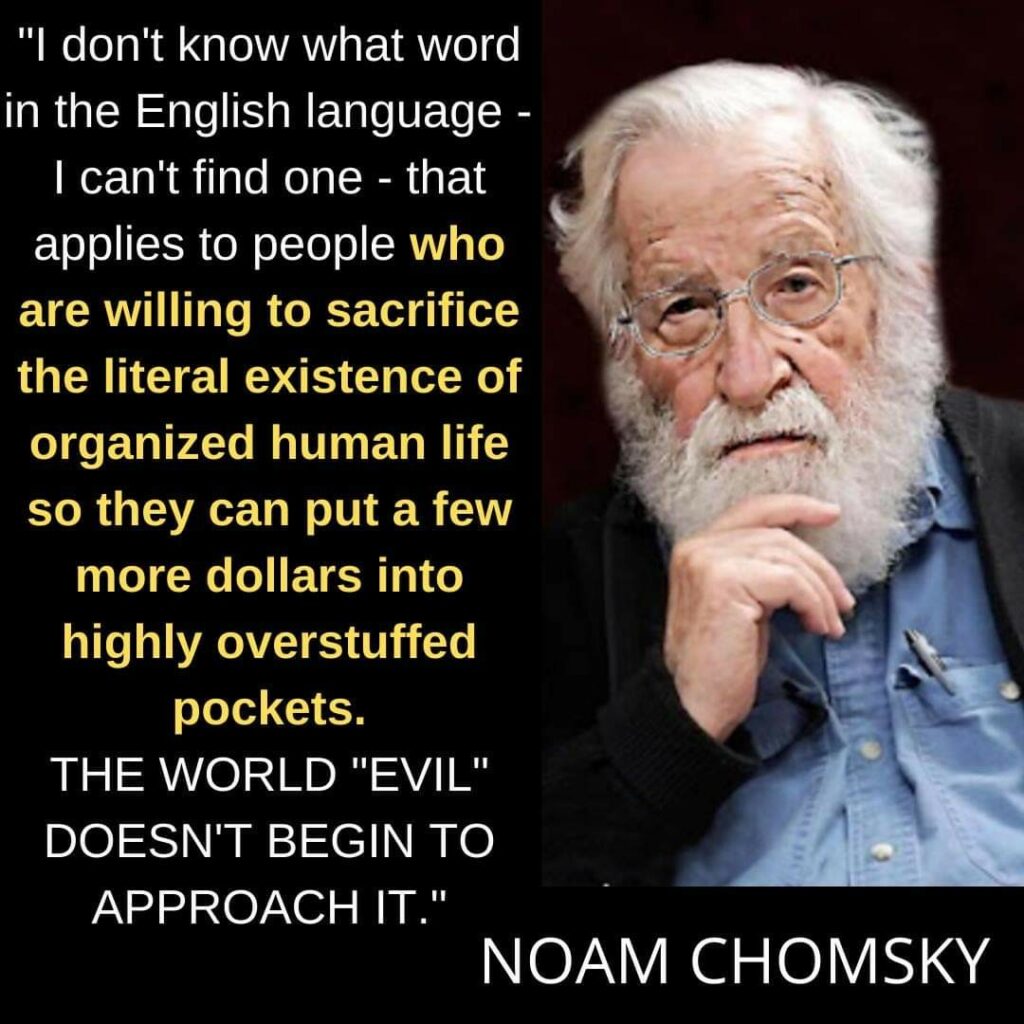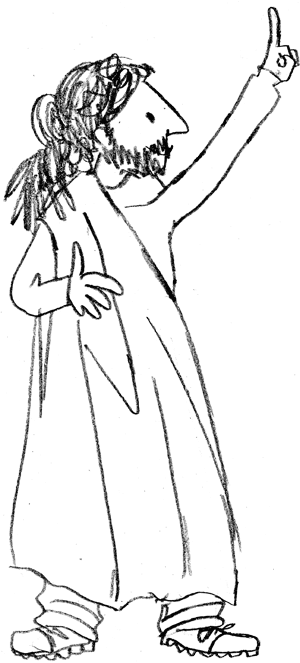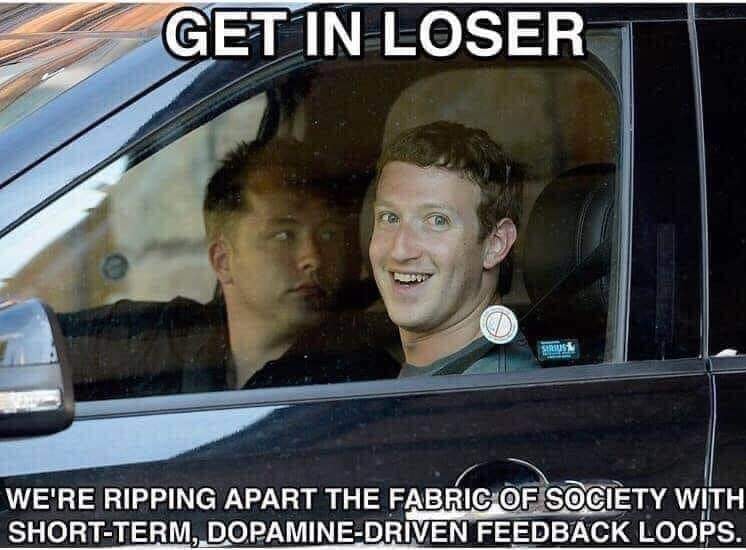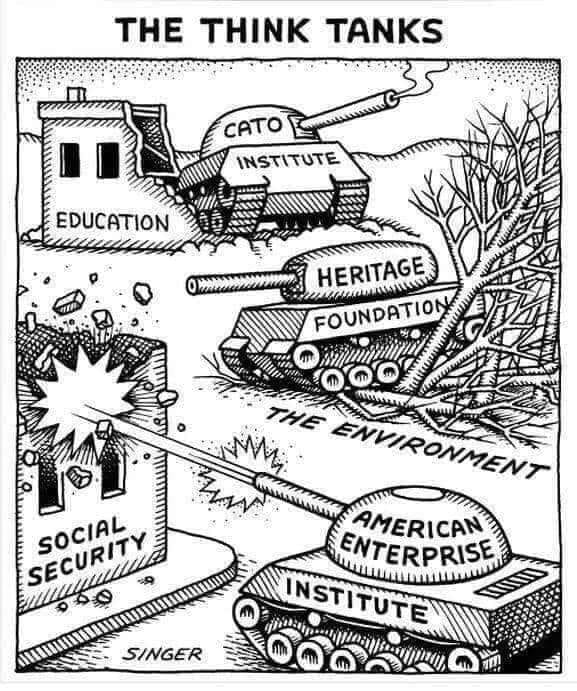Anarchism is a part of #FOSS governance, it is a political philosophy and social movement that shaped the foundations of the internet and #openweb on a path to move from centralized power to decentralized, self-government. This was a strong part of #web01 and a strong part of why it worked so well. So this space embodies #anarchism which believe that society and technology can be organized to build freedom, equality, and cooperation
What is Anarchism?
There are forms of anarchism, some well-known:
- Anarcho-Communism: Advocates for the abolition of private property and the establishment of a classless, stateless society based on communal ownership and cooperation.
- Anarcho-Syndicalism: Seeks to abolish the wage system and replace it with a system of workers’ self-management and direct democracy.
- Individualist Anarchism: Emphasizes the importance of individual freedom and autonomy, and is associated with the writings of figures like Emma Goldman and Max Stirner.
This has a long and varied history, with roots in liberalism and socialism.
Anarchism in Action
- Direct Action: Anarchism emphasizes direct action over traditional protest. Instead of petitioning authorities to make changes, anarchists take matters into their own hands. For example, if a community lacks drinking water, anarchists would dig a well themselves rather than petitioning the government.
- Acting as If Free: Anarchism is about behaving as though one is already free, practising this directly.
- Democracy Without Government: Anarchism can be seen as democracy without the state, where people collectively make decisions without hierarchical structures. It is based on self-organization, voluntary association, and mutual aid.
History of Anarchism
Some old dead figures and movements include:
- The French Revolution: Inspired many early anarchists with ideas of liberty, equality, and fraternity.
- Pierre-Joseph Proudhon: The first self-proclaimed anarchist, wrote the influential work What is Property? In 1840.
- Mikhail Bakunin: A Russian revolutionary, was a key figure in the anarchist movement of the late 19th century.
- Emma Goldman: An American feminist, anarchist, was a prominent in the early 20th century.
Arguments for Anarchism
Supporters of anarchism emphasize:
- Individual Freedom and Autonomy: Anarchism values individual freedom and autonomy, arguing that centralized systems of power limit personal liberty.
- Equality and Cooperation: Anarchism promotes equality and cooperation among people, envisioning a society where resources are shared, and the needs of all members are met.
- Direct Democracy and Grassroots Participation: Anarchism is associated with a strong commitment to direct democracy and grassroots participation in decision-making.
- Challenging Oppressive Systems: Anarchist ideas inspired many social movements to challenge and dismantle oppressive systems and hierarchies.
Arguments Against Anarchism
Critics of anarchism raise concerns:
- Unrealistic or Utopian: Critics argue anarchism is unrealistic or utopian, calling for the abolition of centralized power, many believe are necessary for maintaining order and protecting people’s rights.
- Overemphasis on Individual Freedom: Some forms of anarchism, such as individualist anarchism, are criticized for placing emphasis on individual freedom and autonomy at the expense of community and collective action.
- Association with Violence: Anarchism has been associated with violence and extremism, particularly in the form of bombings and assassinations carried out by anarchist individuals or small groups.
- Practical Implementation: Critics argue that anarchism is too hard to put into practice, as it calls for the overhaul of existing political and economic systems, which is a steep path to walk and difficult to achieve in the “real” world.
One thing, we do need to understand is that anarchism is at the heart of meany of our #openweb norms, its advantages and disadvantages depend strongly on assumptions and material conditions in the time and place where people try and enact it. The #openweb and #Fediverse with its strong flow of “trust” and “abundances” is a fertile place for “nativist” experiments like this. Though, as critics, argue this path is not easy or without its problems.
The #OMN is mediated “native” to this https://opencollective.com/open-media-network join us if you would like to try walking this path.
Let’s look a bit deeper, anarchism challenges forms of authority and domination. The idea, rooted in classical liberalism and Enlightenment principles, is any exercise of authority or power must justify its legitimacy. This burden of proof applies universally, whether within a family, a state, or global institutions. If authority cannot demonstrate its legitimacy, it should be dismantled.
The concept of legitimate authority is central to anarchism. Those in power must justify their actions and their right to hold power. If they cannot, their authority is considered illegitimate.
- Personal Example: Imagine walking with a granddaughter who runs into the street. If you pull her back, that is an exercise of authority. However, this action must be justified as legitimate, perhaps by arguing that it was necessary to protect her from harm.
- Broader Examples: The same principle applies in broader contexts. Men in patriarchal systems must justify their authority over women. Governments must justify their authority over citizens. Corporations must justify their control over workers.
In democratic paths, legitimacy is supposed to be maintained through public debate, interaction, and struggle. If these mechanisms fail, the legitimacy is in question. In totalitarian or authoritarian systems, legitimacy is non-existent because these systems do not allow challenges to authority. People in positions of authority internalize the belief that their power is legitimate. This internalization makes it difficult for them to recognize or acknowledge the need to justify authority.
Throughout history, authority and domination have been accepted as legitimate by those who are subordinated. This acceptance flows from a combination of indoctrination, socialization, and the internalization of prevailing values.
- Slavery: Many slave societies were stable because slaves accepted their subordination as legitimate.
- Feudalism: In feudal societies, people accepted their roles within the hierarchy as natural and proper.
- Modern Employment: Today, many people accept the necessity of renting their labour to survive, a concept that was once seen as wage slavery.
We need to make this obvious that people challenging the legitimacy of authority leads to social struggles, revolutions, and sometimes significant change. Anarchists take this challenge seriously and push questioning the illegitimacy of authority through active resistance and the promotion of #DIY self-governing structures. Understanding, this path and philosophy has profound implications for how we build and work in technology and shapes our current #openweb reboot.
Please keep this path #KISS
More on this https://hamishcampbell.com/understanding-anarchism/






